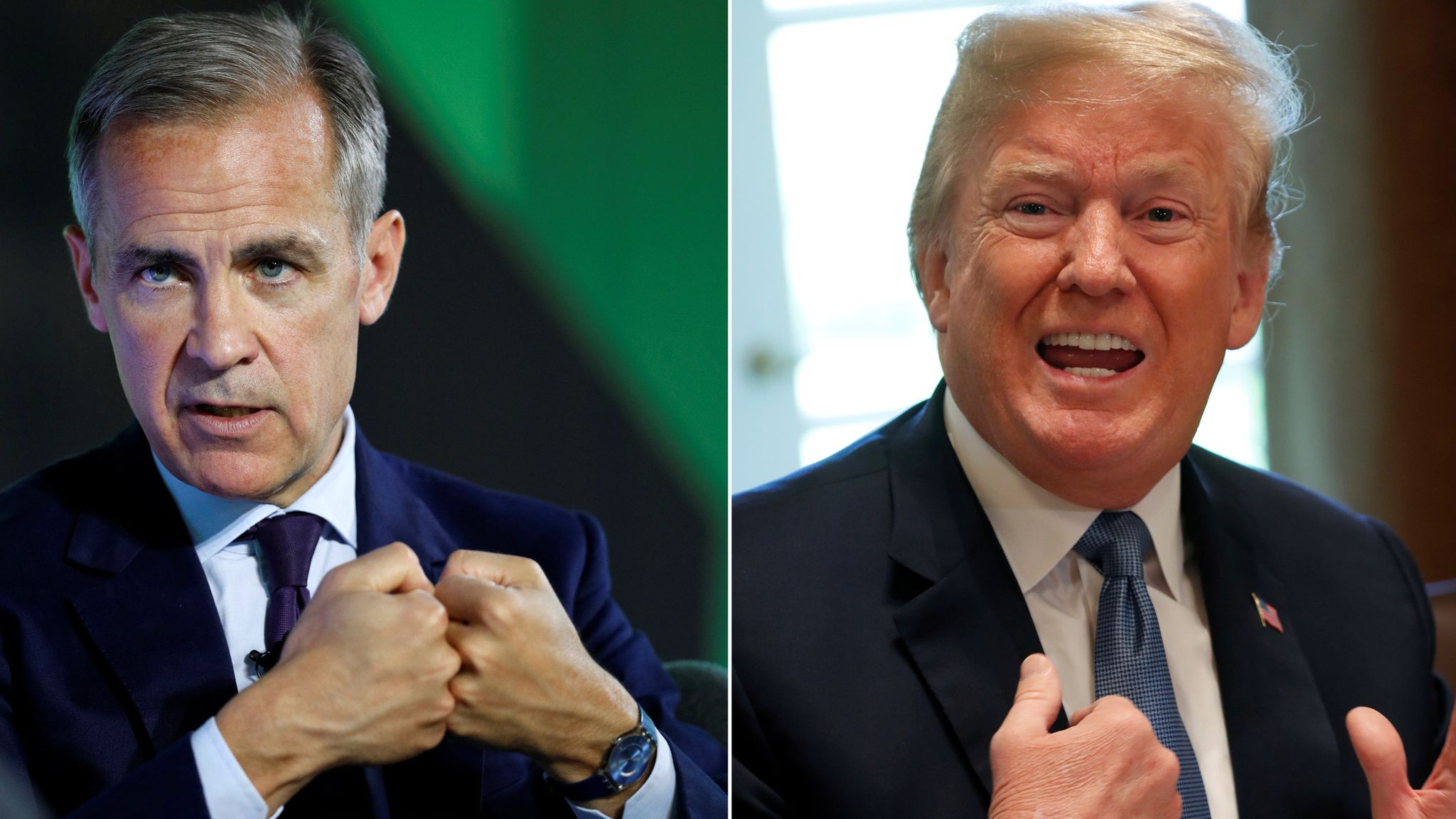DirectionNorth
Senior Member
I think this scrambles a maybe on the probability scale. The sequence of events does somewhat match, although I personally think the pieces don't fit together that way.^I like this to be true, but I have to ask how much of the claims are vetted for here?
Just to be sure, a Snopes piece saying it's an unverified claim.
Snopes: Unpacking claims that Canadian PM Mark Carney orchestrated a US Treasuries sell-off







